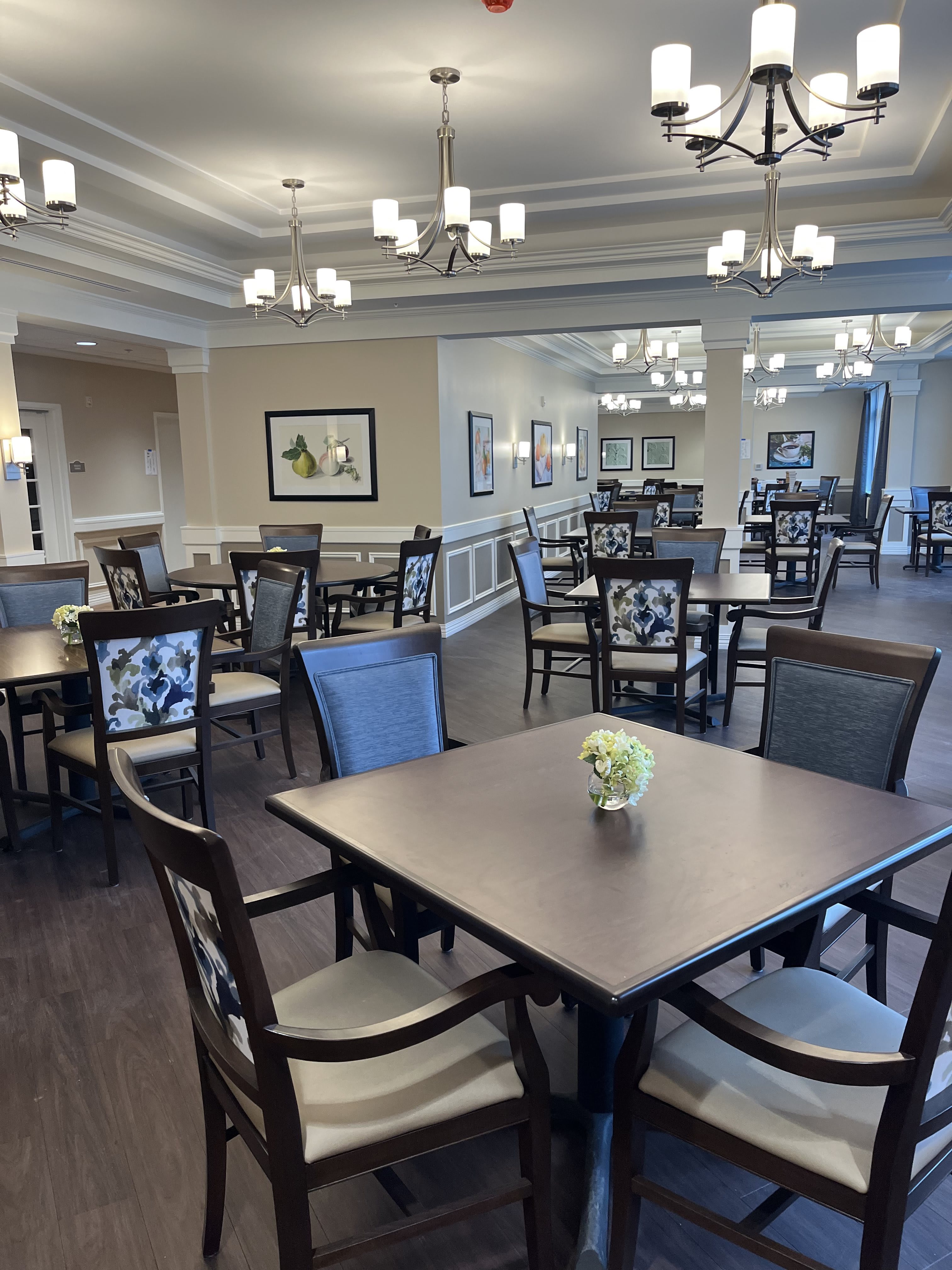Charlotte Memory Care: Specialist Assisted Living for Memory Support
Charlotte Memory Care: Specialist Assisted Living for Memory Support
Blog Article
Creating a Safe and Helpful Setting: In-Home Memory Treatment Fundamentals
Developing a caring and safe and secure setting for individuals calling for in-home memory treatment is paramount to their well-being and top quality of life. From guaranteeing security within the home to using efficient communication strategies and carrying out memory-friendly layout elements, there are crucial components that add to an alternative care technique. By concentrating on producing a helpful ecological community that deals with the one-of-a-kind demands of those with memory problems, caretakers can significantly enhance the day-to-day experiences of their liked ones.

Safe Living Environment
Creating a safe and hazard-free living environment is paramount when offering in-home memory treatment for individuals with cognitive problems. Guaranteeing the security of the specific with memory loss is critical to prevent mishaps and advertise a sense of well-being.
In addition, it is essential to mount safety features such as grab bars in bathrooms and hand rails along stairs to give assistance and protect against crashes. In addition, using innovation such as movement sensors and alarms can alert caregivers if the private wanders or is in distress. Creating a safe living atmosphere additionally involves applying techniques to stop straying, such as utilizing door alarms or locks to limit accessibility to dangerous locations. By focusing on precaution and removing potential dangers, caretakers can give a safe and secure and supportive setting for individuals with cognitive impairments receiving at home memory care.
Reliable Interaction Techniques
Applying customized interaction approaches is vital in promoting meaningful interactions with individuals with cognitive problems in the context of at home memory treatment. Effective interaction plays a vital function in developing a supportive atmosphere that boosts the health and quality of life for individuals with memory issues. When connecting with someone experiencing cognitive decrease, it is necessary to make use of easy and clear language, keep a tranquility and favorable tone, and provide visual cues to help comprehension.
One secret method is to practice active listening, showing empathy, perseverance, and regard during discussions. Non-verbal cues such as face expressions and body movement can also help communicate understanding and support. In addition, making use of memory treatment by talking about past experiences or utilizing songs and art can take advantage of lasting memories, stimulating links and stimulating interaction.
In addition, including routine regimens and regular interaction patterns can supply a sense of experience and safety and security for individuals with memory problems. By carrying out these communication strategies, caretakers can establish purposeful links and promote a sense of comfort and trust in the in-home memory care setting.
Memory-Friendly Layout
Provided the relevance of developing a helpful environment for people with memory problems through reliable communication techniques, the consolidation of memory-friendly layout elements in the living space comes to be imperative in maximizing their daily experiences and total health. Memory-friendly design concentrates on improving security, comfort, and independence for people with cognitive disabilities. Basic alterations can make a considerable difference, such as making use of contrasting colors to improve presence and reduce complication, incorporating clear signs to help navigation, and decreasing mess to avoid sensory overload.
Integrating acquainted components from the individual's past, such as individual pictures or favorite things, why not try here can stimulate favorable memories and produce a feeling of experience. By incorporating these memory-friendly design components, caregivers can give a supportive and secure living area that makes it possible for people with memory concerns to maintain their freedom and quality of life. Charlotte Memory Care.
Daily Regimen Planning
When developing a day-to-day routine for individuals with memory problems, careful planning is vital to support their cognitive function and overall well-being. Developing a structured timetable can assist lower complication, disorientation, and stress and anxiety usually experienced by those with memory impairments. Begin by including acquainted activities that line up with the individual's preferences and interests. Uniformity in day-to-day routines can supply a complacency and security, aiding in the preservation of cognitive capabilities.
Flexibility is crucial, as some days might require changes based on the individual's state of mind and energy levels. Regularly evaluating and adjusting the daily routine will help ensure its performance in advertising a positive and calming setting for people with memory obstacles.
Support Group Application
Establishing a durable network of encouraging people plays a critical duty in improving the top quality of care and well-being for individuals requiring memory support. Member of the family, good friends, health care specialists, and area sources can all add to creating a solid support group. Interaction among these people is important to ensure that the demands of the individual with memory challenges are fulfilled properly.
Relative are frequently the primary caregivers and develop the backbone of the support system. They provide day-to-day care, emotional support, and companionship. It is important for member of the family to look for aid and reprieve when needed to avoid fatigue and guarantee the most effective possible care for their liked one.
Along with family members support, including health care specialists such as specialists, medical professionals, and nurses can offer specific treatment and support. These experts can use valuable understandings, clinical advice, and aid in taking care of the person's problem.

Verdict
In final thought, developing a helpful and secure setting for individuals with memory treatment needs is essential for their well-being. By establishing a secure living environment, utilizing reliable communication techniques, including memory-friendly style aspects, intending day-to-day routines, and carrying out a solid assistance system, caregivers can assist enhance the lifestyle for those with amnesia. These necessary parts interact to develop a nurturing and equipping setting that promotes self-reliance and enhances total quality of life.
Developing a safe and hazard-free living environment is critical when providing advice at home memory care for individuals with cognitive impairments. By prioritizing safety and security measures and getting rid of prospective threats, caretakers can offer a safe and supportive environment for individuals with cognitive problems getting at home memory care.
Developing a robust network of helpful individuals plays a pivotal duty in enhancing the quality of care and well-being for individuals calling for memory support - Charlotte Memory Care. Interaction among these individuals is vital to make certain that the demands of the private with memory challenges are satisfied effectively

Report this page